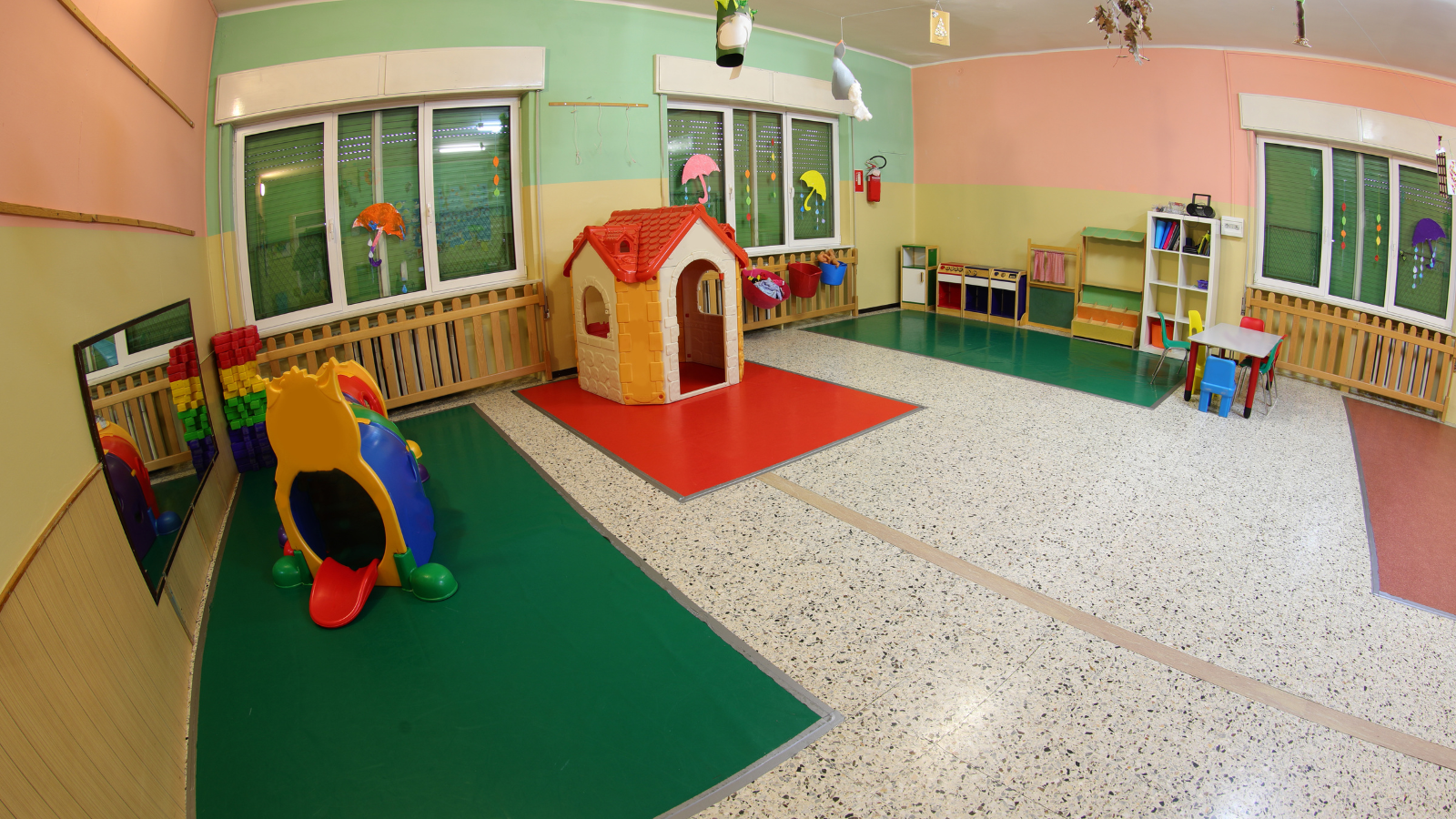“The best granny ever is my grandmother. She joined us in the pool to swim.”
Last year, in observance of National Grammar Day, we encouraged our Facebook followers to contribute some of their children’s less-than-grammatically correct sayings. Some parents questioned where their kids had learned some of the things they had overheard them saying. They were confident that their kids weren’t mimicking anything they had ever said. Toddler language skills can be tricky.
Language acquisition is a creative process, not an imitation process. On the path to normal speech, every tiny stutter you hear is a step forward. It is a reason for joy when a child says “swimming” instead of “swam.” She is indicating that she is familiar with the past tense rule! Once this occurs, she will gradually begin utilizing the proper past tense for the irregular verbs depending on what she hears on a daily basis. If parents are unaware of this or don’t anticipate it, they may occasionally worry excessively. While you can attempt to remedy a word’s usage, don’t be shocked if your youngster continues to use the “incorrect” word. The best course of action is to just repeat what was said back in the appropriate wording. “Your grandmother is a great-grandmother. Didn’t she swim with you yesterday?
Children understand more than they can express verbally because receptive language comes before expressive language. Infants communicate meaning through screams, gestures, and facial expressions before they speak. Perhaps one of the most eagerly anticipated life milestones is a child’s first word. Typically, children begin to speak between the ages of 12 and 18 months. Each youngster, though, has his own schedule. Swearing will become into words, then into short phrases, and finally into sentences. Then, questions will undoubtedly arise!
Don’t worry if your child uses poor grammar. It is to be anticipated. Even so, parents still have a crucial part to play in encouraging and fostering their child’s language development. Here are a few suggestions to get you going:
Sing songs and rhymes aloud. An excellent technique to encourage your child’s language development is through music. Reciting well-known nursery rhymes, like “Itsy Bitsy Spider,” is easy and enjoyable for all ages. The rhyming and repetition are especially beneficial. The best thing about music and rhymes is that once learned, they are portable. If you have to wait somewhere with your child, they might just save your life.
Start by using your fingers to speak. According to studies, children signers have an average of 50 more spoken words than non-signers by the age of two. At Paramus Day Care, we start teaching sign language in the baby rooms. As they start attempting to communicate with the adults around them, children sign naturally. We simply aren’t always able to decipher their signals. We can communicate with one another using American Sign Language (ASL). Young, preverbal children can communicate their needs—such as hunger, thirst, or pain—by using signs. The use of sign language encourages the growth of fine motor skills, vocabulary expansion, and self-esteem. Stacy Thompson’s book Teaching Your Tot to Sign is a terrific tool for getting your fingers going.
Read aloud to your kid. You shouldn’t be surprised to learn that one of the finest ways to promote your child’s language development is through reading. It’s possible that your youngster will have several favorite books that he wants to hear repeatedly. Choose books with engaging visuals that complement the text on the page, and then involve your child by having them repeat a refrain or predict what will happen next.
Related post: How to Raise a Reader






